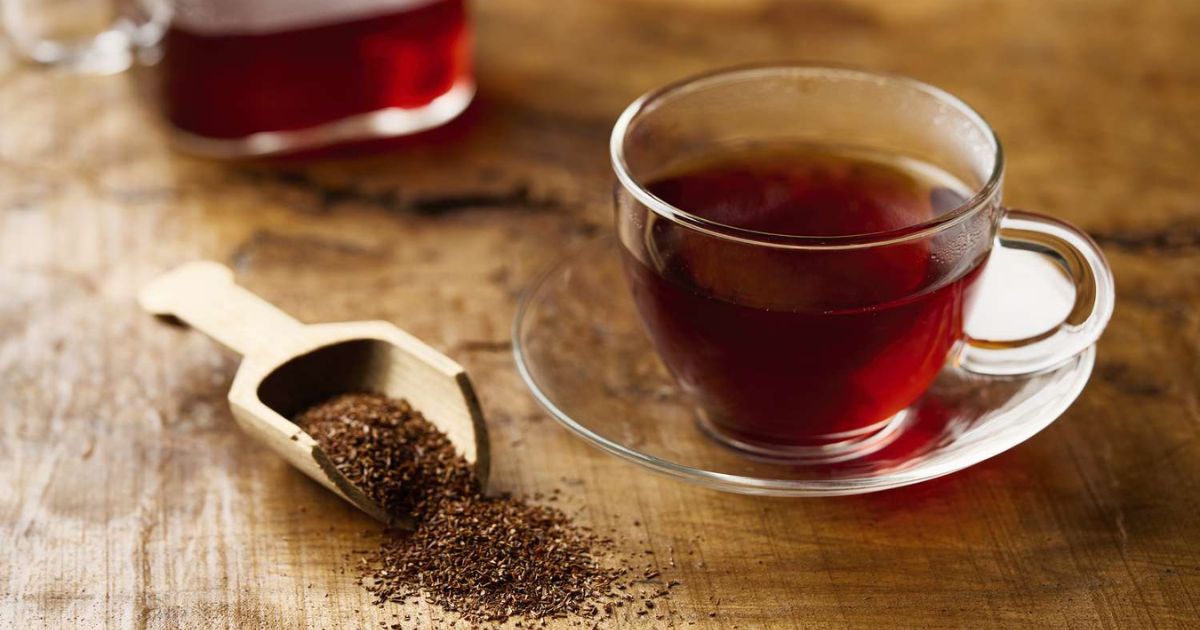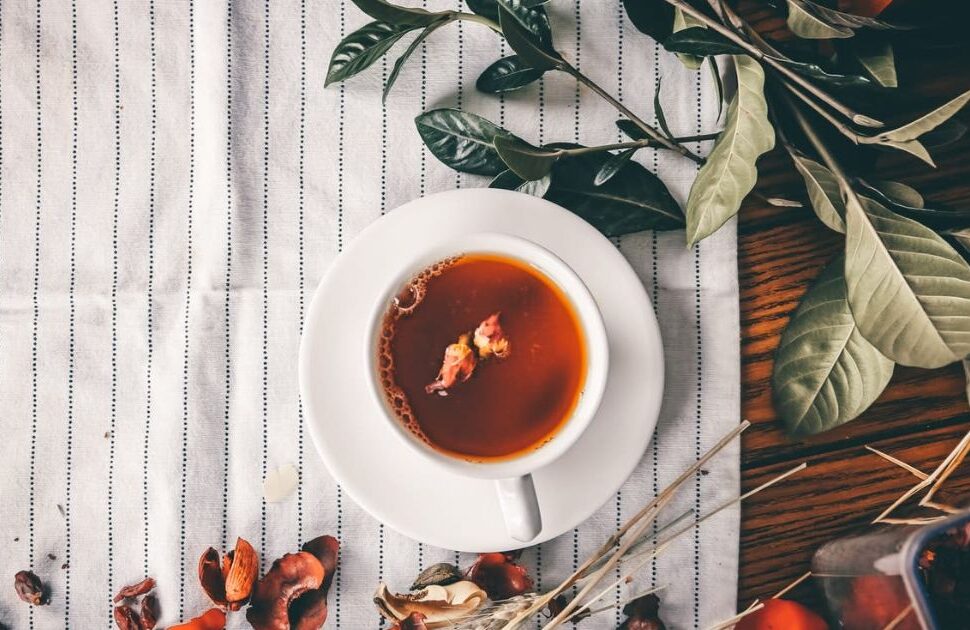Drinking tea before bed is a common nightly ritual for many people across the globe. This simple habit is often associated with comfort, relaxation, and health benefits. While some teas are known to aid sleep, others may disrupt it due to their caffeine content. Understanding what happens when you drink tea at night, which types of tea are beneficial, and how it affects your body is essential to making the most of this soothing beverage.
The Tradition of Drinking Tea Before Sleep
The tradition of consuming tea at night dates back centuries. In cultures like those of China, Japan, India, and England, evening tea is more than a beverage—it is a ritual of calm and mindfulness. People often use this time to unwind, reflect on their day, and prepare their minds for rest.
Historically, herbal teas have been the preferred choice for bedtime. These teas, made from a variety of plants, flowers, roots, and spices, have been used in traditional medicine to promote sleep and reduce anxiety. For example, chamomile and valerian root teas have been used for centuries for their sedative effects.
Caffeine and Its Impact on Sleep
One of the most important things to consider when drinking tea before bed is its caffeine content. Caffeine is a natural stimulant that affects the central nervous system, increasing alertness and reducing the feeling of fatigue. Drinking caffeinated tea in the evening may lead to difficulty falling asleep, restlessness, or frequent waking during the night.
Caffeine is commonly found in:
- Black tea
- Green tea
- Oolong tea
- White tea
These types of tea are made from the leaves of the Camellia sinensis plant. Depending on the type and brewing time, caffeine levels can vary. For instance, black tea can contain between 40-70 mg of caffeine per cup, while green tea has about 20-45 mg.
If you’re sensitive to caffeine, it’s best to avoid these varieties before bed. Instead, opt for caffeine-free or “decaf” options. Many herbal teas, also known as tisanes, are naturally free of caffeine.
Best Herbal Teas for Sleep
Several herbal teas are known to promote relaxation and improve sleep quality. Here are some of the most popular and scientifically supported options:
1. Chamomile Tea
Chamomile is one of the most widely consumed teas for sleep. It contains apigenin, an antioxidant that binds to certain receptors in the brain, promoting sleepiness and reducing insomnia. A 2016 study found that postpartum women who drank chamomile tea for two weeks reported better sleep quality and fewer symptoms of depression.
2. Valerian Root Tea
Valerian root has long been used in Europe and Asia to treat insomnia and anxiety. Studies suggest it may increase the amount of GABA (gamma-aminobutyric acid) in the brain, which has a calming effect. However, more research is needed to fully understand its long-term effects.
3. Lavender Tea
Known for its calming aroma, lavender tea may help reduce anxiety and promote better sleep. A study published in the journal Evidence-Based Complementary and Alternative Medicine showed that lavender aroma significantly improved the sleep quality of college students.
4. Peppermint Tea
While not directly a sleep aid, peppermint tea can help soothe digestive issues, relax muscles, and reduce tension—factors that indirectly improve sleep. It is naturally caffeine-free and has a refreshing flavor.
5. Lemon Balm Tea
Lemon balm, a member of the mint family, has been shown to reduce stress and improve sleep. It is often combined with other herbs like valerian root and chamomile for a more powerful calming effect.
Health Benefits of Drinking Tea Before Bed
Drinking the right type of tea before bed offers several health benefits beyond improving sleep. These include:
1. Reduced Stress and Anxiety
Many herbal teas contain compounds that reduce cortisol (the stress hormone) levels and promote relaxation. This helps to ease tension and prepare the body for sleep.
2. Improved Digestion
Teas like peppermint, ginger, and fennel are known to soothe the digestive tract. Drinking these teas before bed may prevent bloating, cramps, or indigestion, leading to a more restful night.
3. Better Hydration
While drinking too much fluid before bed can lead to nighttime trips to the bathroom, a moderate amount of herbal tea can contribute to daily hydration needs. Proper hydration supports overall body function and sleep quality.
4. Boosted Immune System
Certain herbal teas, such as echinacea and elderberry, have immune-boosting properties. Drinking them at night can help strengthen your body’s defenses while you rest.
Potential Drawbacks of Drinking Tea at Night
Despite its many benefits, drinking tea before bed is not without potential downsides:
1. Frequent Urination (Nocturia)
Consuming too much liquid before bed can increase the need to urinate at night, disrupting sleep. To avoid this, it’s best to drink tea at least 30–60 minutes before bedtime.
2. Acid Reflux
Some teas, especially those with mint or citrus, can trigger acid reflux in sensitive individuals. If you experience heartburn, you might want to choose a non-acidic tea like chamomile or rooibos.
3. Allergic Reactions
Though rare, some people may be allergic to certain herbs. Always try a small amount first if you’re introducing a new type of tea into your routine.
Tips for Creating a Nighttime Tea Ritual
Creating a soothing bedtime tea ritual can enhance its benefits. Here are some tips:
- Choose the Right Tea: Stick to caffeine-free herbal options.
- Set the Mood: Dim the lights, play calming music, or read a book while sipping.
- Use Quality Ingredients: Opt for organic, high-quality loose-leaf tea when possible.
- Avoid Sweeteners: Sugar can spike your energy and disrupt sleep. If needed, use a small amount of honey.
- Establish a Routine: Consistency helps train your brain to recognize bedtime cues.
Scientific Backing and Research
While many herbal teas are rooted in ancient practices, modern science is beginning to validate their effectiveness. According to the National Center for Complementary and Integrative Health, herbs like valerian and chamomile have shown modest benefits for sleep.
A systematic review published in Sleep Medicine Reviews also concluded that certain herbal teas, including valerian and lavender, may have a positive impact on sleep quality, although more large-scale studies are needed.
What to Avoid
When aiming for a restful night, here’s what to avoid:
- Energy teas marketed for metabolism or weight loss—they may contain hidden stimulants.
- Green and black teas, unless labeled as caffeine-free.
- Teas with artificial additives, flavors, or excessive sweeteners.
Cultural Practices Around the World
Different cultures have their unique take on bedtime teas:
- In Japan, warm mugicha (barley tea) is often sipped in the evening.
- In India, tulsi tea (holy basil) is a traditional remedy for stress and sleeplessness.
- In the UK, a milky cup of decaf black tea is a common bedtime beverage.
Each of these traditions highlights how the practice of drinking tea before bed is both universal and deeply personal.
Conclusion
Drinking tea before bed can be a powerful tool to improve sleep, reduce stress, and enhance overall well-being—if done mindfully. The key is choosing the right kind of tea—preferably herbal and caffeine-free—and establishing a consistent, relaxing routine around it.
From ancient traditions to modern science, the nightly cup of tea continues to offer comfort and calm in a fast-paced world. Whether it’s chamomile, valerian, lavender, or lemon balm, finding your perfect nightcap may just lead to sweeter dreams and more refreshing mornings.




